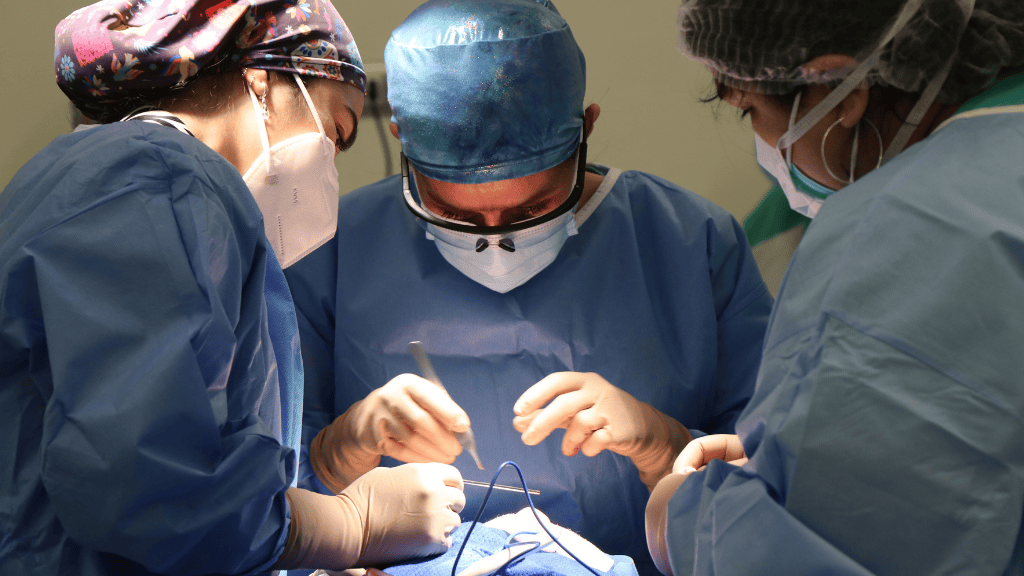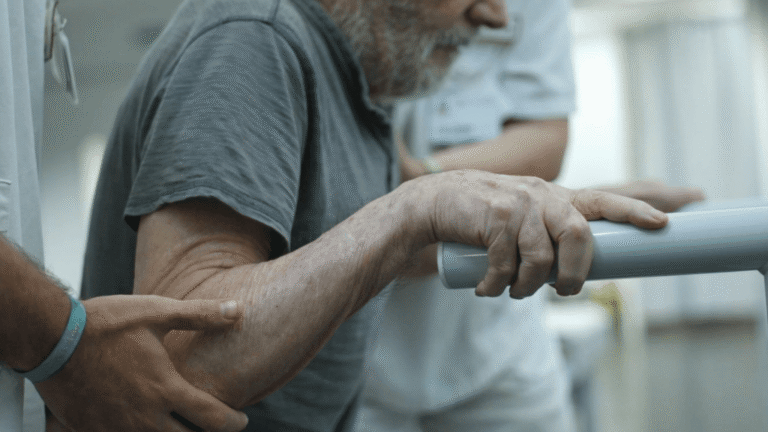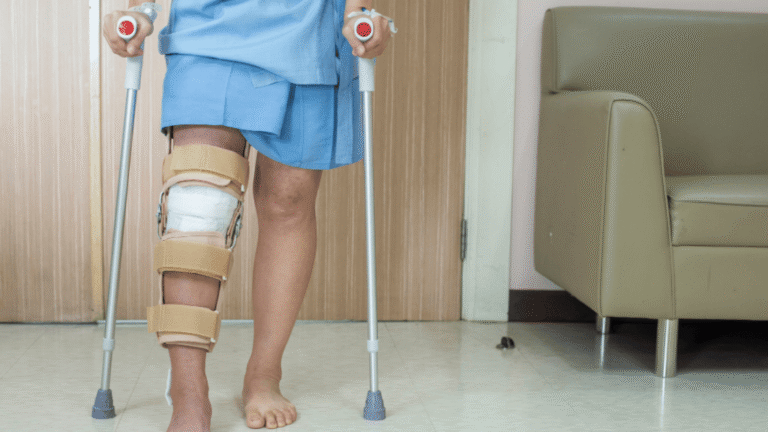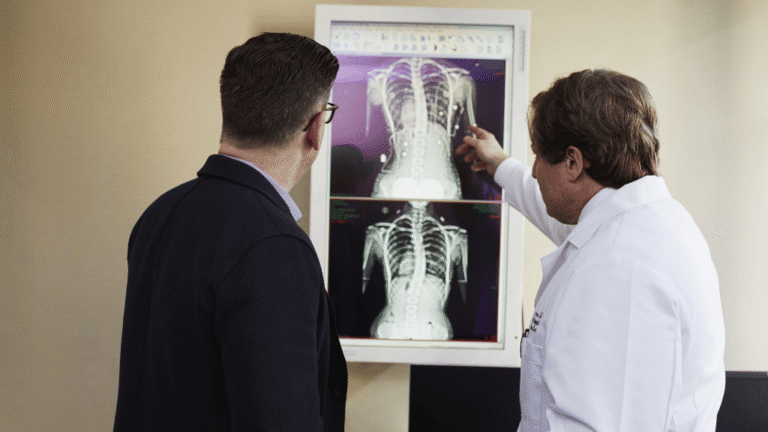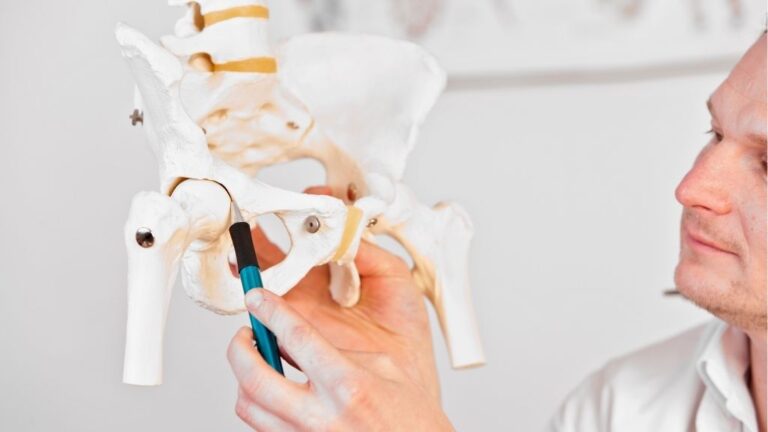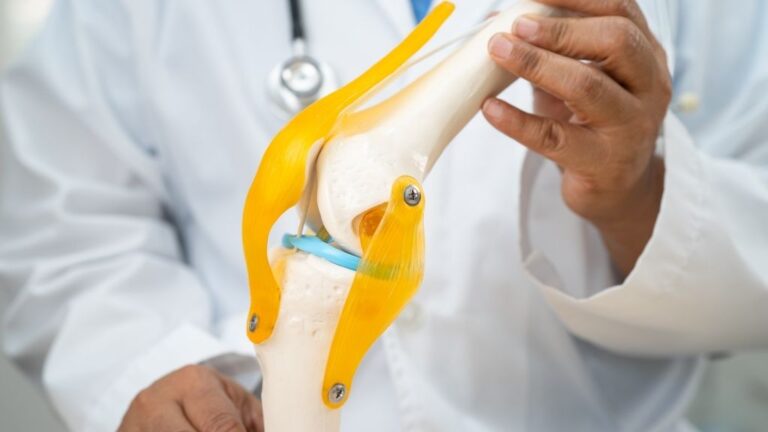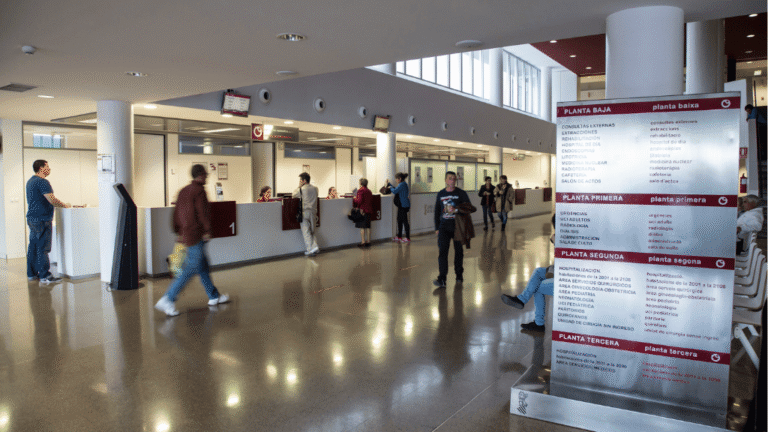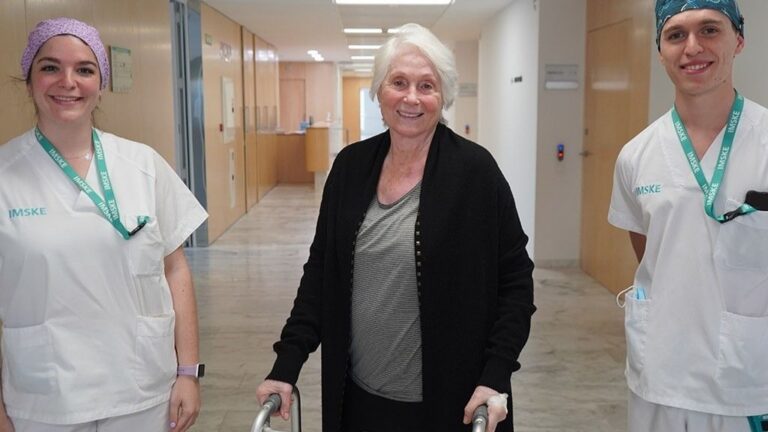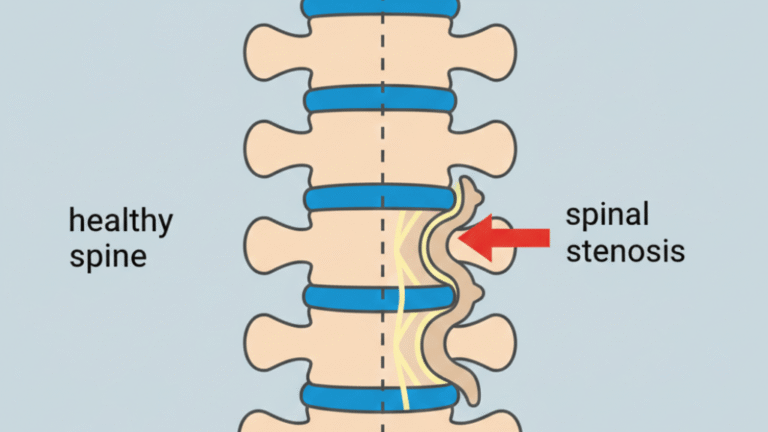Cataract surgery is not only about removing the cloudy lens—it is about regaining confidence, freedom, and the ability to see life clearly again. Many patients feel nervous before surgery but often realize afterward that the recovery is easier than expected. Understanding what to expect after cataract surgery helps patients prepare emotionally and practically for the weeks ahead. At Ribera Care International in Spain, international patients receive not just advanced surgery but also guidance for every step of the recovery journey.
The First Hours After Surgery
After the procedure patients need to stay in recovery for a brief period before they can go back to their home or accommodation. The initial post-procedure period brings typical side effects which include slight eye discomfort and irritation. People who undergo this procedure sometimes experience watery eyes together with the feeling of a tiny object floating in their eye. The eye will adjust to its new lens which leads to fast improvement of these short-term side effects.
Other common situations include:
- Blurred or hazy vision that begins to clear within days.
- Increased sensitivity to light, especially outdoors.
- A protective eye shield recommended for sleep during the first nights.
These precautions help prevent accidental pressure or rubbing while the eye heals.
Early Vision Changes Patients Notice
Most patients are surprised at how much brighter and sharper the world looks once the cataract has been removed. Colors that once seemed dull often appear vivid again, and many describe the experience as “lifting a grey filter” from their vision. Depth perception may feel slightly unusual at first, particularly if only one eye has been treated, but this resolves as both eyes adjust.
Some improvements include:
- Clearer reading of labels, menus, and digital screens.
- More comfortable vision in daylight, although temporary sensitivity may persist.
- Easier recognition of faces and expressions in daily interactions.
Building a Healthy Recovery Routine
Recovery requires more than resting because it involves learning habits which support healing and safeguard your newly restored vision. The medical staff at Ribera Care International creates individualized treatment plans for each patient. The essential elements include:
Before following any steps, patients are reminded to treat the eye with care. This means avoiding unnecessary touching and ensuring that eye drops are used at the correct times. When outdoors, protective glasses not only reduce glare but also shield against wind and dust. Resting the eyes, especially by reducing screen time in the first few days, allows the body to concentrate on healing.
Some key recommendations are:
- Use prescribed eye drops exactly as instructed by your surgeon.
- Wear sunglasses outdoors to reduce glare and exposure.
- Rest frequently when using digital devices or reading.
- Sleep with an eye shield if advised, particularly during the first week.
Returning to Daily Activities
Reading and Screens
Most patients want to resume reading or smartphone usage but they should start with limited use at first. Patients can resume reading activities within a few days but they should take regular breaks of 20 to 30 minutes to prevent eye strain and fatigue.
Driving
Your ability to drive again will depend on how well your vision stabilizes and what your doctor recommends. Most people can resume driving after a week when their eyesight reaches safe levels and they demonstrate driving confidence.
Work and Exercise
The duration needed to return to work depends on what specific work activities you perform. Office work can usually start again within days but jobs that need physical labor require longer recovery time. The first step in exercising should involve walking as a low-intensity activity. People should delay their participation in high-impact sports and swimming and weightlifting for multiple weeks because these activities increase the risk of complications.
Travel
International patients frequently seek to know when they can safely return home by air travel. The majority of patients can resume air travel after their first follow-up appointment when medical professionals verify their healing process. The patients of
Nutrition and Lifestyle During Recovery
The healing process after cataract surgery is supported not only by medical care but also by lifestyle choices. Nutrition plays a key role in reducing inflammation and providing the body with the resources it needs to recover.
Patients are encouraged to include foods rich in vitamins A, C, and E, as well as omega-3 fatty acids, which contribute to eye health. Drinking enough water also helps maintain hydration and comfort. Limiting alcohol and avoiding smoking are strongly recommended, since both can slow down healing and affect eye health in the long run.
A simple approach is to follow a balanced Mediterranean-style diet—rich in fresh vegetables, fruits, olive oil, nuts, and fish—which is widely associated with better eye health and overall recovery.
Sleep and Rest After Cataract Surgery
Adequate sleep is essential for recovery, as the body repairs itself most effectively during rest. Cataract surgery patients may need to adjust their sleeping habits slightly in the first days.
Doctors advise patients to use protective shields or patches at night because they prevent accidental eye rubbing during sleep. Patients who sleep on their stomach or side should position themselves on the opposite side of their operated eye to minimize contact. The healing process benefits from good sleep hygiene practices which include decreasing pre-sleep screen time and creating a restful dark sleeping environment.
Emotional Aspects of Recovery
Beyond the medical outcome, cataract surgery has an important emotional dimension. Patients frequently describe feelings of relief, joy, and even surprise at how much their lives improve once vision is restored. For some, it is the ability to drive safely again; for others, it is being able to recognize loved ones’ faces or enjoy hobbies such as painting, cooking, or photography. These moments of regained independence contribute greatly to overall wellbeing.
Mistakes Patients Should Avoid
Even though recovery is usually straightforward, there are common errors that can interfere with healing. Patients are encouraged to think of the first weeks after surgery as a delicate but rewarding process. By taking care, complications are rare.
Some common mistakes include:
- Rubbing the eye or pressing it accidentally, which can delay healing.
- Skipping follow-up visits, which are vital to check progress.
- Forgetting prescribed eye drops or using them irregularly.
- Swimming or using saunas too early, which increases infection risk.
Long-Term Lifestyle Benefits
The positive effects of cataract surgery extend far beyond the first few weeks. For most patients, vision improvements are long-lasting and life-enhancing. Driving at night becomes safer thanks to reduced glare, while daylight activities feel clearer and more comfortable. Many patients rediscover hobbies they had slowly given up due to vision problems, such as gardening, reading small print, or enjoying outdoor sports.
At Ribera Care International, patients often highlight how cataract surgery has not just improved their eyesight but also given them renewed independence and confidence.
Long-Term Eye Care and Preventive Tips
Even after successful surgery, maintaining good eye health is important. Regular eye examinations remain essential to detect other conditions such as glaucoma or macular degeneration, which are unrelated to cataracts but can affect vision with age.
Patients are advised to protect their eyes from excessive sun exposure by wearing high-quality sunglasses with UV protection. Avoiding smoking and managing conditions such as diabetes and high blood pressure also contribute to long-term eye health. A lifestyle that includes regular exercise, a balanced diet, and sufficient rest supports not only the eyes but also overall wellbeing.
Final Thoughts
Cataract surgery is a life-changing procedure, but the transformation does not end in the operating room. The weeks after surgery are a period of gradual recovery, where vision sharpens, daily activities resume, and confidence is rebuilt. With proper care and follow-up, most patients experience lasting benefits that truly improve their quality of life.
By choosing Ribera Care International in Spain, international patients gain access to advanced ophthalmology care, personalized recovery guidance, and the reassurance of a dedicated medical team. If you are preparing for cataract surgery, take the first step toward clearer vision. Contact the specialists today at https://riberacareinternational.com/contact-us/.
Questions Patients Frequently Ask About Cataract Surgery
How soon will I see clearly after cataract surgery?
Most patients notice improvements in vision within 24–48 hours. However, the eye continues to heal over several weeks, and clarity improves progressively. While some can return to normal tasks quickly, others may need more time, especially if both eyes are treated separately.
Can I wear makeup after cataract surgery?
It is best to avoid eye makeup for at least one to two weeks. Mascara, eyeliner, or eyeshadow can introduce bacteria or small particles into the healing eye, increasing the risk of infection. Patients are encouraged to wait until their surgeon confirms it is safe.
Will I need new glasses after the cataract surgery?
The necessity of glasses depends on the type of intraocular lens that was implanted. The type of lens determines whether you need glasses because some lenses provide both near and distance vision correction but others primarily correct distance vision so you might need reading glasses. Your doctor will provide details about your individual situation.
Is cataract surgery recovery different for international patients?
The medical treatment remains unchanged. Ribera Care International provides international patients with extra support through their services which include travel assistance and flexible appointment scheduling and multilingual communication help. The hospital provides complete support to international patients who need to travel abroad for medical care.
What happens if I delay follow-up appointments?
Follow-up visits are essential to confirm proper healing and detect any potential issues early. Delaying them may increase the risk of unnoticed complications, such as infection or pressure changes. For international patients, Ribera Care International designs a clear calendar of appointments before departure to ensure safety.
